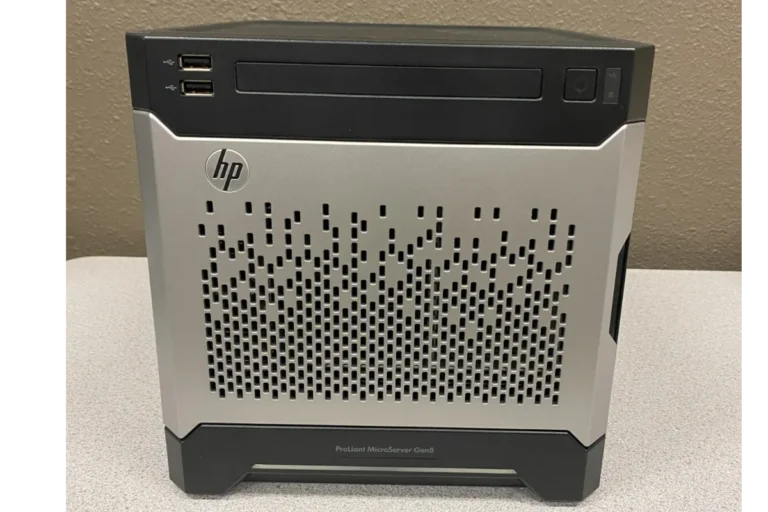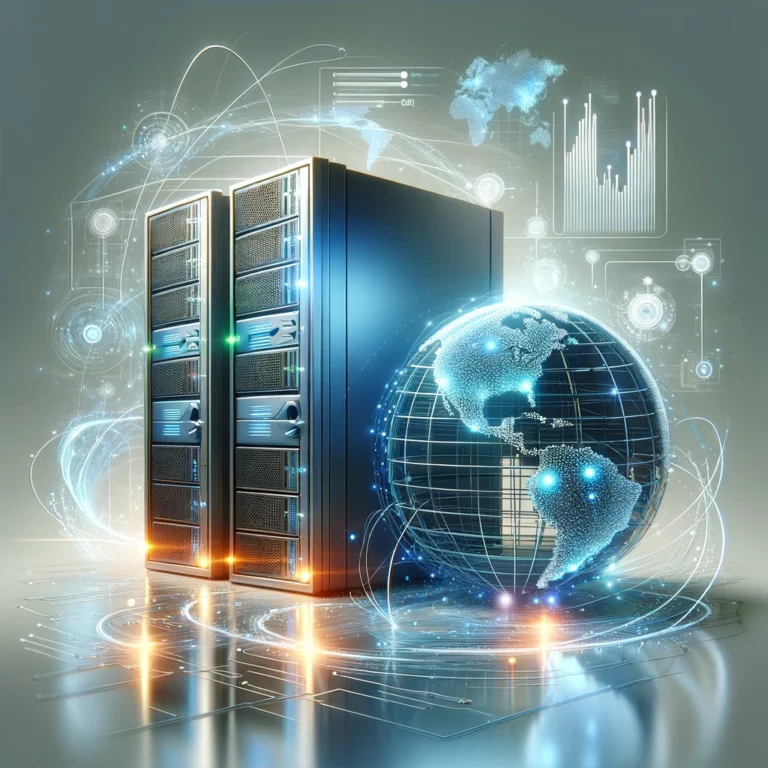Data centers are the backbone of the digital revolution, enabling businesses to innovate rapidly and effectively. As enterprises embark on digital transformation journeys, the role of data centers has become increasingly vital. With advanced technology and infrastructure, these facilities offer the processing power and storage necessary to support the complex workloads of modern applications. This shift has led to the evolution of data center capabilities that can drive business innovation, allowing organizations to leverage big data analytics, artificial intelligence, machine learning, and the Internet of Things.
Sustainability and efficiency are at the forefront of contemporary data center design, reflecting the imperative to reduce environmental impact while meeting the demands of ever-increasing data consumption. As organizations prioritize green initiatives, data centers are incorporating energy-efficient technologies and practices, resulting in reduced carbon footprints and operational costs. Looking ahead, the future of data centers hinges on their ability to embody sustainability while continuing to propel technological advancements and business growth.
Key Takeaways
- Data centers are fundamental to facilitating business innovation and digital transformation.
- Modern data centers embrace sustainable practices and energy-efficient technologies.
- The evolution of data center infrastructure continues to refine and expand its role in advancing technology.
Advancing Technology and Infrastructure
Data centers are pivotal to tech progress with their ever-growing role in AI, IT operations, and data security. They are central to data-driven business and decision-making.
Revolutionizing with AI and Machine Learning
AI and machine learning (ML) are at the forefront of data center innovation. They boost performance by enabling predictive analytics and automating routine tasks. With the aid of big data, AI algorithms in data centers analyze usage patterns, anticipate needs, and adjust resources dynamically. This increases efficiency and reduces waste.
Enhancing Operations Through IT Systems
IT systems in data centers have evolved to optimize operations. They play a critical role in maintaining performance and reliability. With automation, data centers handle complex tasks with precision. Scalability is enhanced through cloud technologies, allowing businesses to adjust their infrastructure quickly and efficiently.
The Role of Data Storage and Security
In terms of data storage, modern data centers employ cutting-edge technology to meet increasing demands. They use scalable storage solutions and the cloud to handle vast amounts of data safely. Security is also paramount; data centers employ advanced encryption and access control measures to ensure data integrity and protect against breaches. Reliability is ensured through rigorously tested backup and recovery systems.
Sustainability, Efficiency, and the Future
In the drive toward innovation, data centers now prioritize sustainable energy use while maintaining efficiency.
Embracing Sustainable Practices and Energy Efficiency
Data centers are reducing environmental impact through the adoption of sustainable practices. Liquid cooling options and geothermal solutions have become prevalent for improving energy efficiency. These methods lower energy consumption and cooling costs. Major industry players commit to using renewable energy sources like wind power. Partnerships often emerge between data centers and energy firms, fostering a focus on long-term sustainability and competitive advantage.
Building for Scalability and Cost-Effectiveness
Cost savings and economic considerations guide data center construction. Modern facilities often employ modular designs that are not only scalable but also reduce the time and investment needed for setup. AI algorithms are integral in optimizing operations, further lowering total cost of ownership (TCO). These cost-effective solutions provide scalability without sacrificing performance or energy efficiency, a balance critical for chief operations officers (COOs) and chief information officers (CIOs).
Evolving with 5G and Edge Computing
The rollout of 5G and advances in edge computing present both a challenge and a driver for data centers. These technologies demand data centers to maintain a balance between high performance and low latency, which bolsters the quality of digital services. Enhanced connectivity reduces the need for physical transportation, subsequently impacting the data center’s role. As CEOs steer their companies forward, investments in 5G and edge computing infrastructure will continue to influence their strategic decisions.
Frequently Asked Questions
Data centers are central to pushing the boundaries of what technology can achieve. This section covers key inquiries about their impact on innovation.
How do advancements in data center technologies contribute to overall innovation?
Advancements in data center technologies are advancing the speed and efficiency with which companies process and analyze data. This acceleration is critical for driving rapid innovation across various industries.
In what ways do data centers influence the development of emerging technologies?
Data centers provide the necessary infrastructure that emerging technologies require for development, like the considerable computational power and storage capacity needed for complex applications such as artificial intelligence.
What role do data centers play in the scalability of tech startups and innovators?
They are the backbone that supports the growth of tech startups. As these companies expand, the data center’s ability to scale quickly enables these innovators to handle increasing traffic and data without compromising performance.
How does the evolution of cloud services impact the growth and innovation capabilities of data centers?
The evolution of cloud services has made data centers more agile and flexible. Companies can now access and scale resources on demand, leading to a more efficient and cost-effective way to innovate.
What are the implications of energy efficiency improvements in data centers for technological innovation?
Improvements in energy efficiency reduce operational costs and the environmental impact of data centers. These savings can be redirected towards research and development, fostering further technological advancements.
How do partnerships between data centers and educational institutions foster innovation?
Partnerships between data centers and educational institutions create opportunities for collaborative research. They also provide real-world data and scenarios for students and researchers, encouraging new discoveries and solutions.






